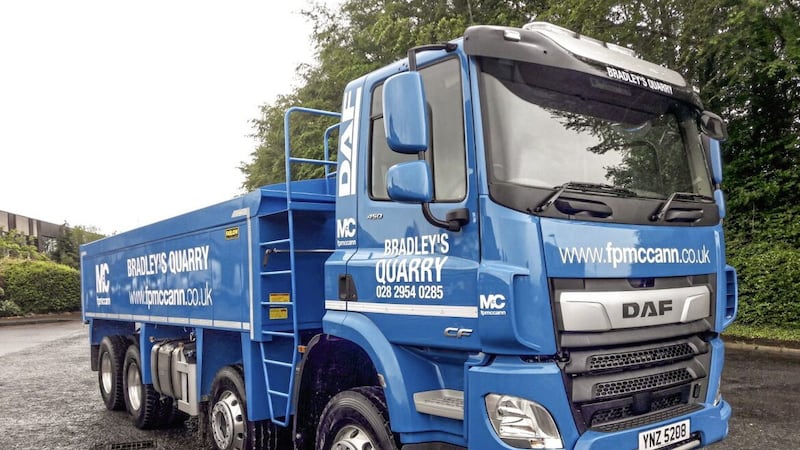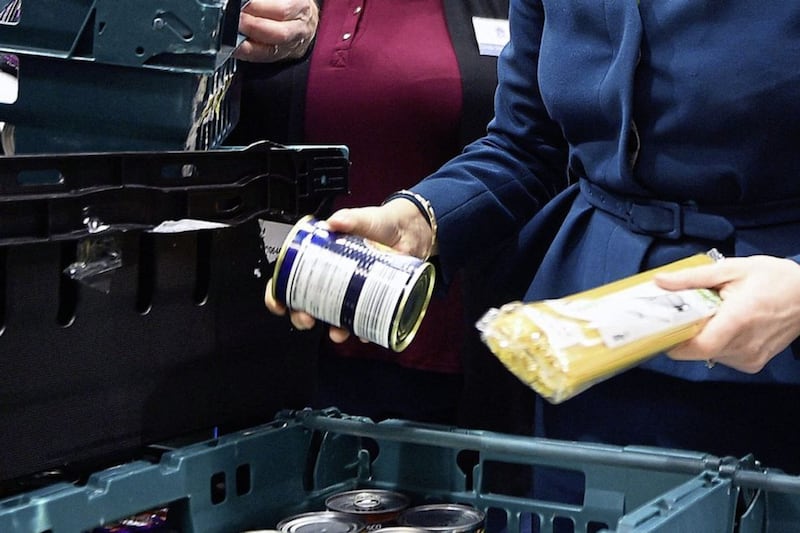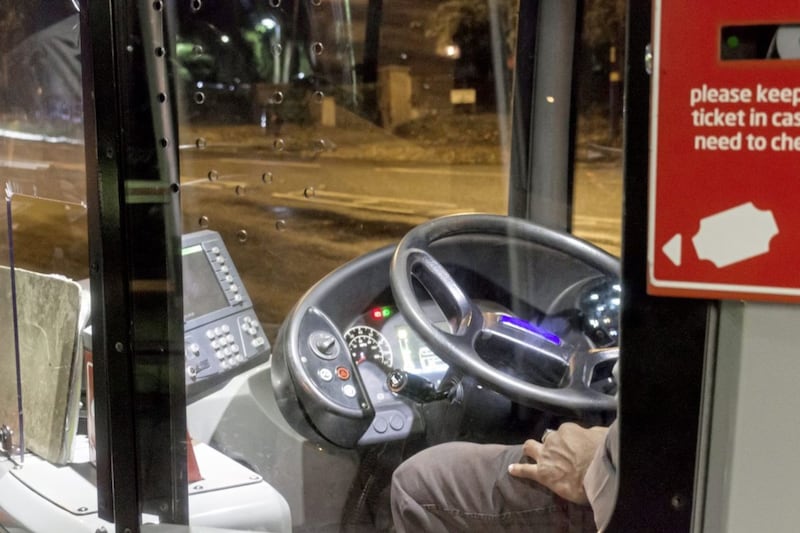PHILIP Larkin, in his poem ‘The Mower’, concluded that ‘We should be careful, of each other, we should be kind. While there is still time’.
This past few months have certainly thrown the need for more of this sentiment into stark relief. Online trolls seem to be outdoing themselves in a race to the bottom.
Newspapers continue to become increasingly polarised in their bid to be the loudest voice in their respective echo chambers and it seems like it’s virtually impossible for anyone to play the ball rather than the person these days during any form of debate or discussion. It feels like kindness is a commodity in short supply.
But first things first: what is ‘kindness’ exactly? It’s not feeling good about yourself, although that’s a potential by-product. It’s not just thinking positively about someone (or something) else. It needs action. Kindness needs to be tangible. Perhaps you could say that kindness could be considered an altruistic action that is intended to positively benefit another.
And why do we need it? Well, many studies have suggested that introducing acts of kindness into the workplace result in numerous individual, social and group benefits.
On a human level it can raise the spirits of someone having a bad day. It can create greater cohesion among teams, a willingness to help each other and work better together. On a cultural level it can make your workplace a better place to be, where folks are happy to come into work each day.
Many companies even make it easy for people; organising opportunities and giving time off for employees to participate in volunteering or charity days for example. At an individual level, however, kindness doesn’t need to operate on a grand scale.
Simply saying hello to the folks you meet in the morning or taking time to make someone a cup of tea or coffee is a start. It can be as simple as saying ‘thank you’ after someone does you a good turn. Maybe you could hold the lift for a straggler, or take five minutes to deliver some positive feedback, or even just pop round for a chat and a laugh.
You can take an interest in what someone does outside of work and ask them about it. You could stop, take a breath and move on rather than allocating blame for a mistake someone made. To be honest there are many acts of kindness you can do every day without missing a beat.
And for those of you who always need to see a little quid pro quo, fear not: it’s not just the recipient who will feel good, the act of being kind itself can lead to improved wellbeing in the giver.
A study by the American Psychological Association showed higher levels of happiness in folks who spent their time performing random acts of kindness for other people (eg buying someone a coffee) or the world in general (eg picking up rubbish lying around) compared to folks who did neither or just completed acts of kindness for themselves.
And for those who roll their eyes at the psychological, there are direct physical benefits also. It is believed that the Vagus nerve for example, which winds its way through so many parts of the body, can help reduce anxiety, anger, stress and lower heart rate through being stimulated by positive social interactions, such as acts of kindness.
And finally: remember that there is nothing ‘woke’, or soft, or weak about being kind. People have been doing this for millennia and it’s something we can all appreciate.
Best of all though, it’s easy done - or as Seneca put it “Wherever there is a human being, there is an opportunity for a kindness”.
:: Barry Shannon (bshannon@cayan.com) is director of human resources at TSYS Cayan in Belfast







